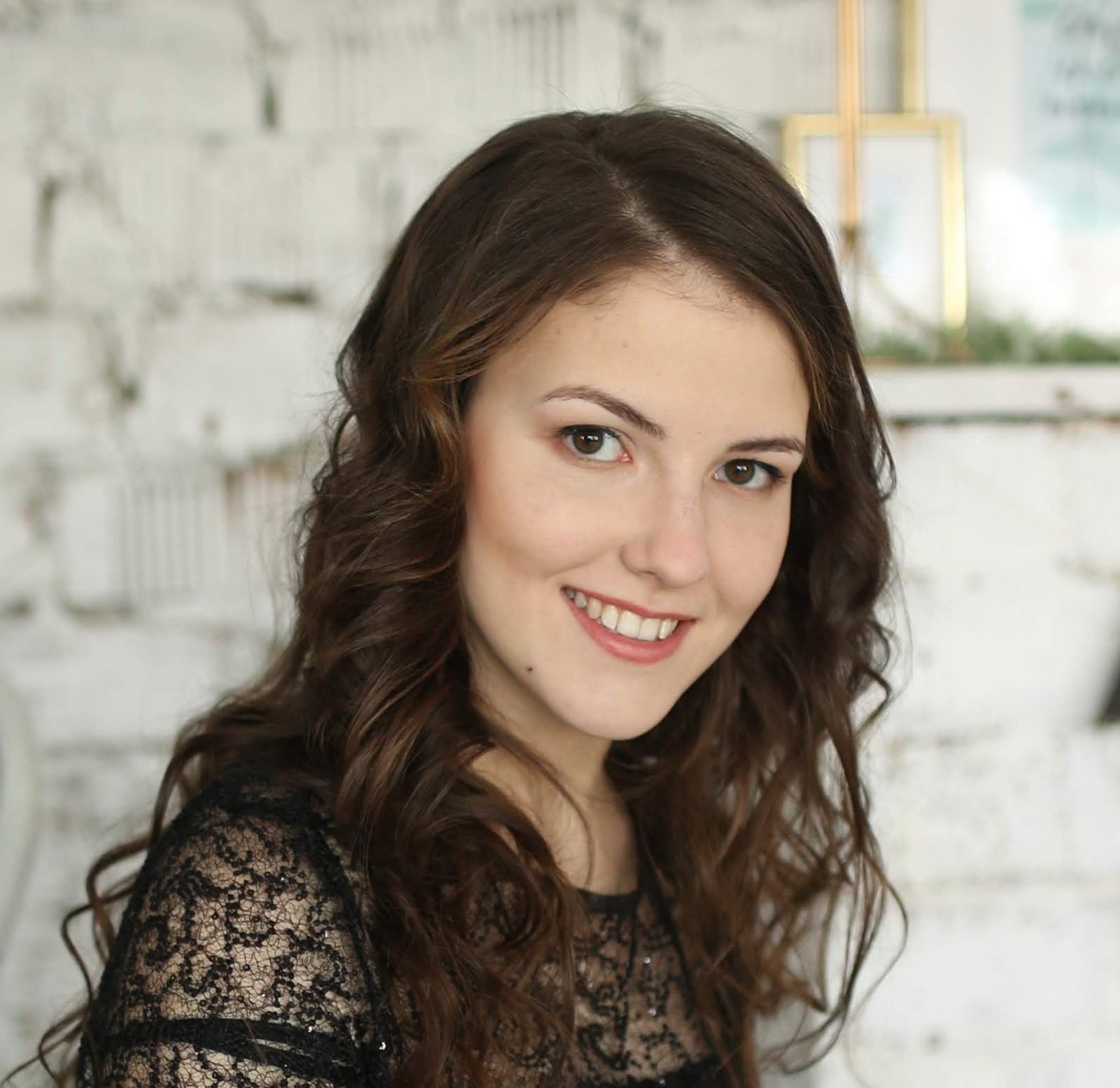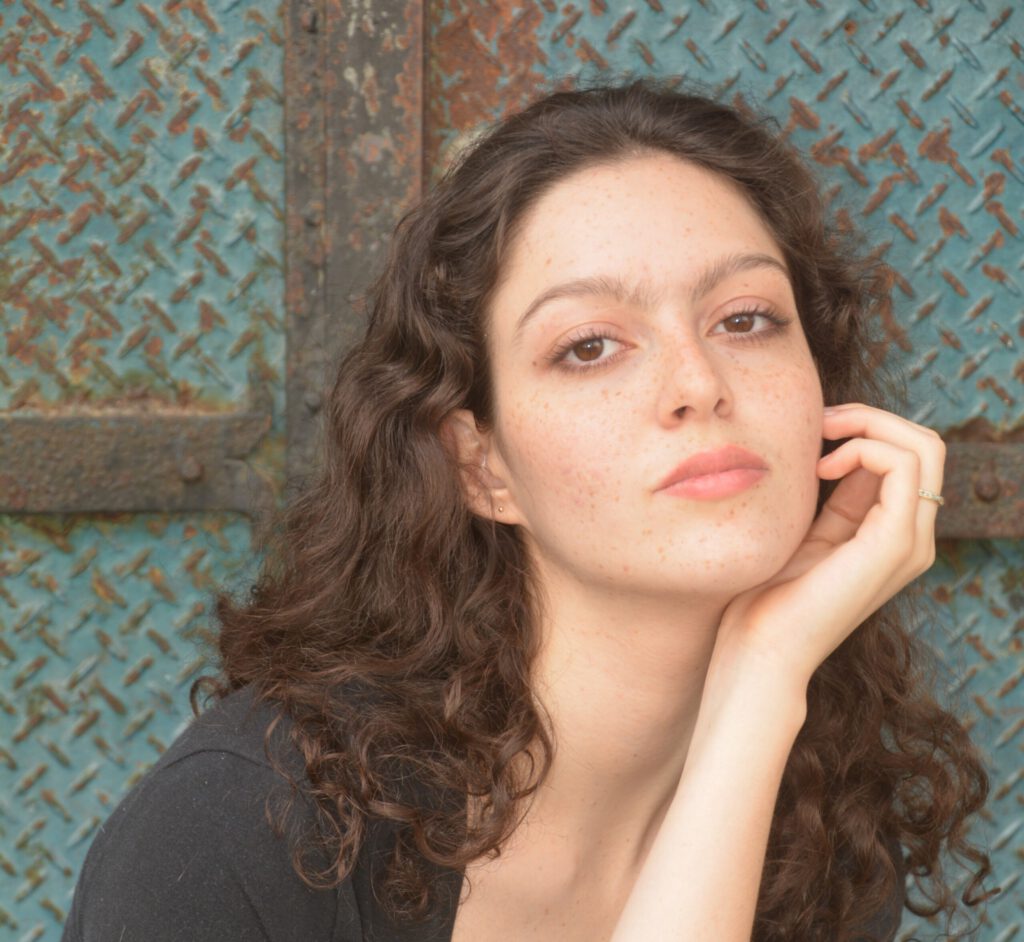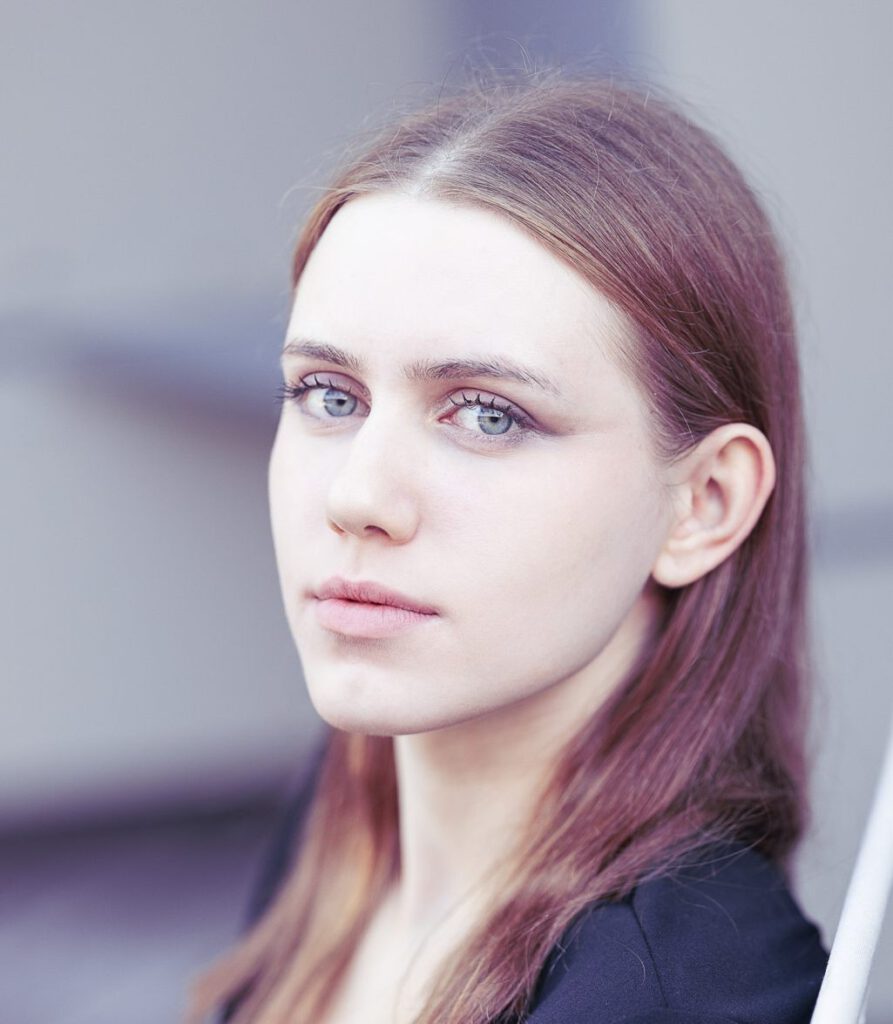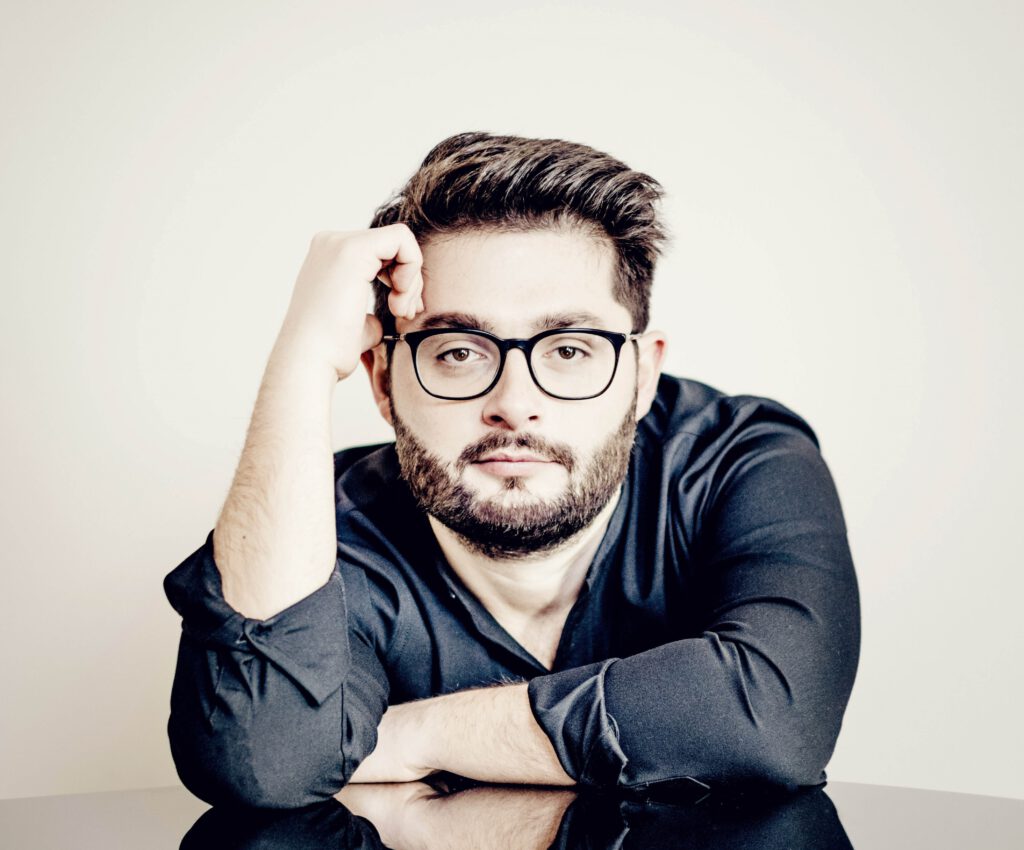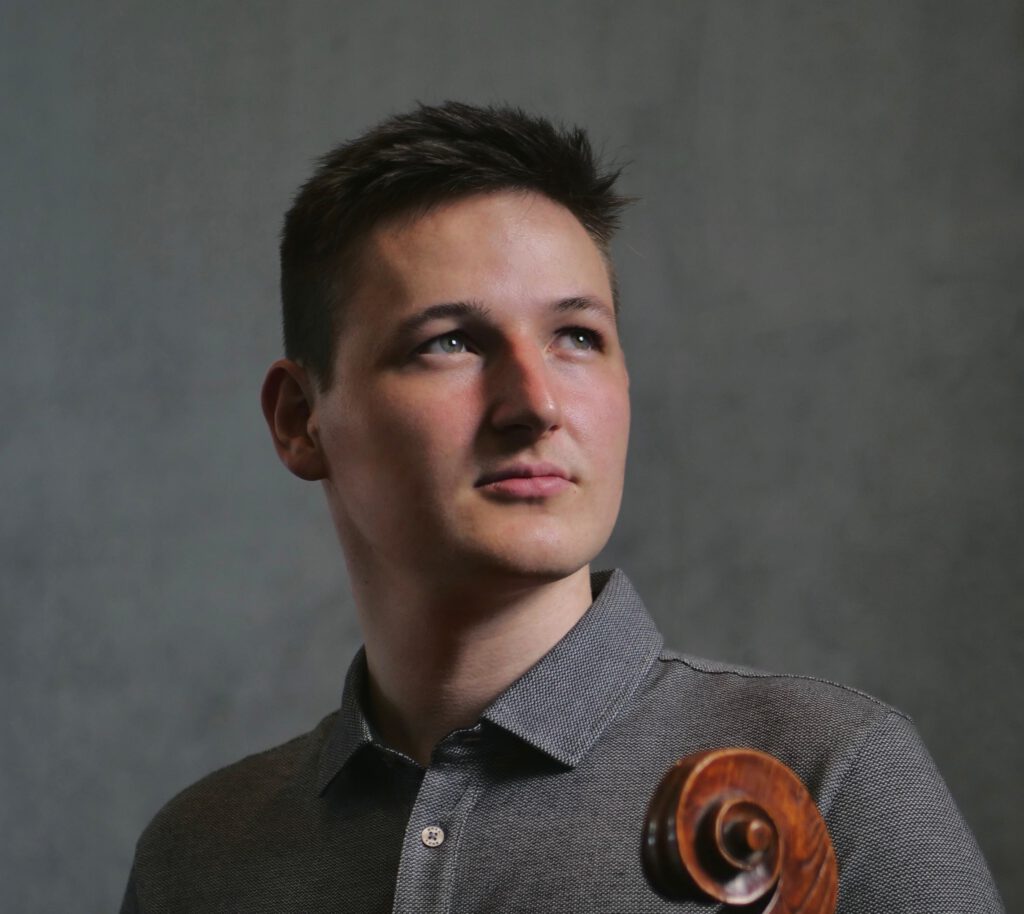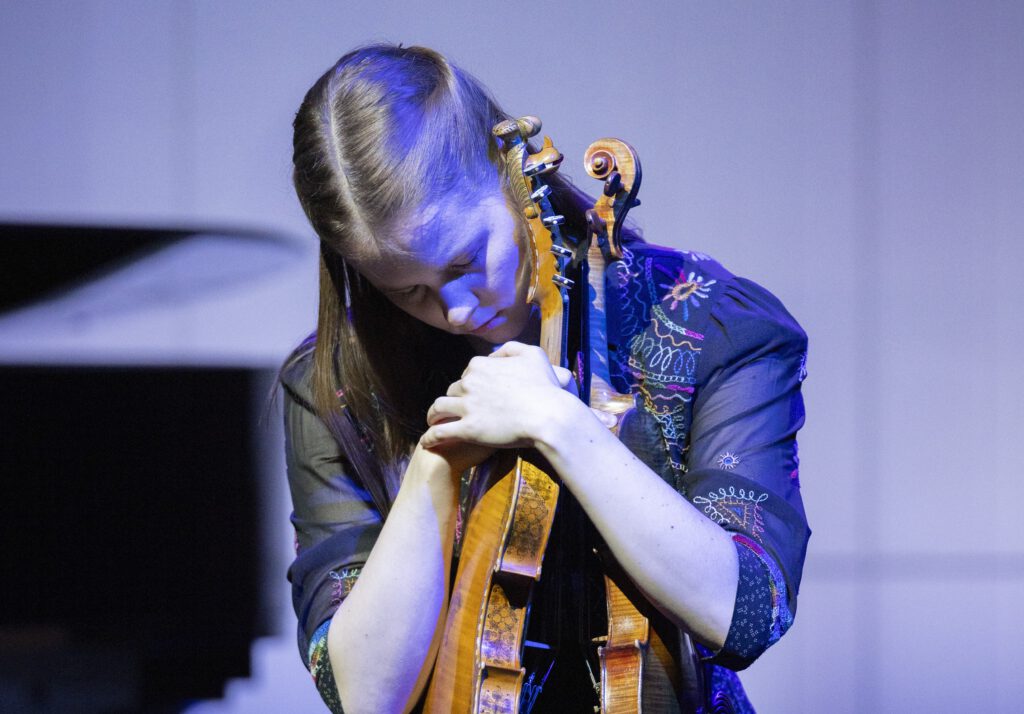Global Conservatoire: Pedagogical Strategies in Digital Music Education – Crafting Impactful Courses
I learned about the Global Conservatoire offer through an announcement on the university’s Instagram page, which described all the available courses offered by the participating universities in the following semester. The options were was quite large and varied, so both classical and pop musicians could find a suitable course. There were courses available in various disciplines: pedagogical, performance-based, and purely theoretical.
Given the growing popularity of online and asynchronous education in the pandemic and post-pandemic era, the course titled “Pedagogical Strategies in Digital Music Education: Crafting Impactful Courses” offered by the Conservatorium van Amsterdam caught my eye. I could intuitively deduce that this course would provide guidance on developing my own online course and focus on enhancing the effectiveness of digital education in the arts field, which has its own affinities and challenges. I decided to apply for this course, as it resonates with my university studies as well.
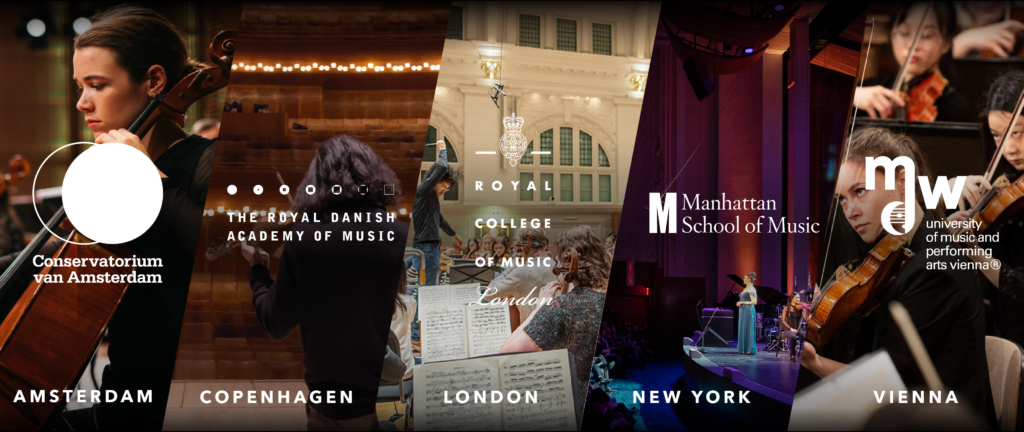
The course content included both theory and many practical aspects, demonstrated by the professor through video recordings. Among the most interesting topics was “Pedagogical Theories and Educational Strategies”, which described the basic principles of delivering content and verifying its assimilation in a digital format in a well-structured manner. Many of the approaches analysed in this chapter can be successfully applied to traditional forms of education, maintaining student engagement between in-person lessons. The topics of “Instructional Design” and “Course Structure: Subject Analysis” contributed to a better understanding of the specifics and challenges encountered in creating an online course, whether synchronous, asynchronous, individual, or group-based. Thanks to the fact that the professor presented the advantages and disadvantages of all course models and provided his own examples, it was not difficult to decide on the most suitable model for the course I intended to create as final assignment. The topics covered towards the end of the course, such as “Interaction & Engagement” and “Assessment, Evaluation & Feedback”, are essential elements that ensure the success of an online course. By discussing in group the role these components play in creating an online music course, we were able to identify the appropriate type for each of our courses and subsequently implement it in our plan.
The dynamic interaction between the professor and the participating students was an example in itself, as a fundamental element for the good functioning and organisation of the study process in the online environment. The responsiveness of our tutor, Yaniv Nachum, in addressing and discussing any questions that arose along the way maintained the connection and involvement of the students throughout the course. Despite the small number of live lessons due to the asynchronous character of the course, I did not feel any lack of interaction and contact with the professor, as he very skilfully directed the entire process, involving us multiple times in communication and exchange of opinions, while always keeping in touch with each of us in order to monitor the progress of our final projects: formulating the idea of a digital course, developing the course plan, and filming a sample lesson.
During the discussions in which we all actively participated, I got to know the students from other higher music education institutions in France, Germany, the Netherlands, and the USA, and learned about their ideas and concepts regarding this type of future education. What is not new at all, but continues to impress, is the ability of this kind of course to connect people with common interests, regardless of their location.
I would highly recommend the courses offered by the Global Conservatoire to all interested students, as they provide the opportunity to expand the visions and topics covered in the core courses at the university through specific and captivating subjects. Another reason I consider this experience important is, of course, the connection and communication with musician colleagues from around the world and, not least, with exceptional professors. In addition, you benefit from an extra course that you choose individually based on your own preferences and earn two ECTS credits upon completion.

One of the major advantages of these courses for me is the possibility to study the course material at my own pace, owing to the mixed type of classes it involves, including only a few synchronous meetings with the professor. The rest of the information and all the assignments could be accessed and studied anytime on the university’s very interactive platform, which included videos, explanations of the professor, and small quizzes after each lesson.
This experience has helped me a lot to overcome certain personal boundaries imposed by the perfectionism that often dictates and limits my actions. Based on the “learning by doing” method, through multiple attempts and comparisons, I realised that you can reach a satisfactory final result even if the overall picture at the beginning is not completely clear. I learned how important it is to act, be flexible to find solutions, and not wait for the pre-plan to be fulfilled exactly.
I began my piano journey at the age of eight, inspired by my mother’s desire for me to play this musical instrument. Due to my achievements and growing passion for piano, I went on to study at the C. Porumbescu music high school, which, through its remarkable teachers and intensive study program, shapes professional musicians from a very young age. I later continued my piano performance studies at the Academy of Music, Theatre and Fine Arts in Chișinău, studying with my high school piano teacher, Dr Inna Hatipova. While my studies in Moldova contributed significantly to shaping me as a well-rounded specialist and defined my artistic personality, Vienna’s educational offerings and rich cultural life now give me the opportunity to establish myself in my chosen field. The pedagogical studies I’ve been pursuing at the mdw since fall 2023 represent an invaluable asset for a musician, as they provide all the necessary knowledge and skills for music mediation and education.
At a world-renowned university like the mdw, even the first interaction can become an international experience, considering that even in the smallest student groups or chamber music ensembles you meet people of different nationalities. The variety and diversity of our fellow students opens us up to new cultures and traditions, teaching us tolerance and mutual respect. Regarding professional experiences, I can gratefully mention the public interview with the renowned pianist Evgeny Kissin (Russia), the masterclass with distinguished pianist and professor Grigory Gruzman (Russia-Germany), and other events of the last year. I am now looking forward to participating as a piano accompanist in the symposium “Beautiful Singing in Vienna”, alongside a team of respected specialists from Australia and Canada, as well as the 6th Mauricio Kagel Composition Competition, where I will have the opportunity to perform a piece by an international contemporary composer for the competition auditions.

Are you interested in joining the Global Conservatoire?
Information about registration and contact persons

